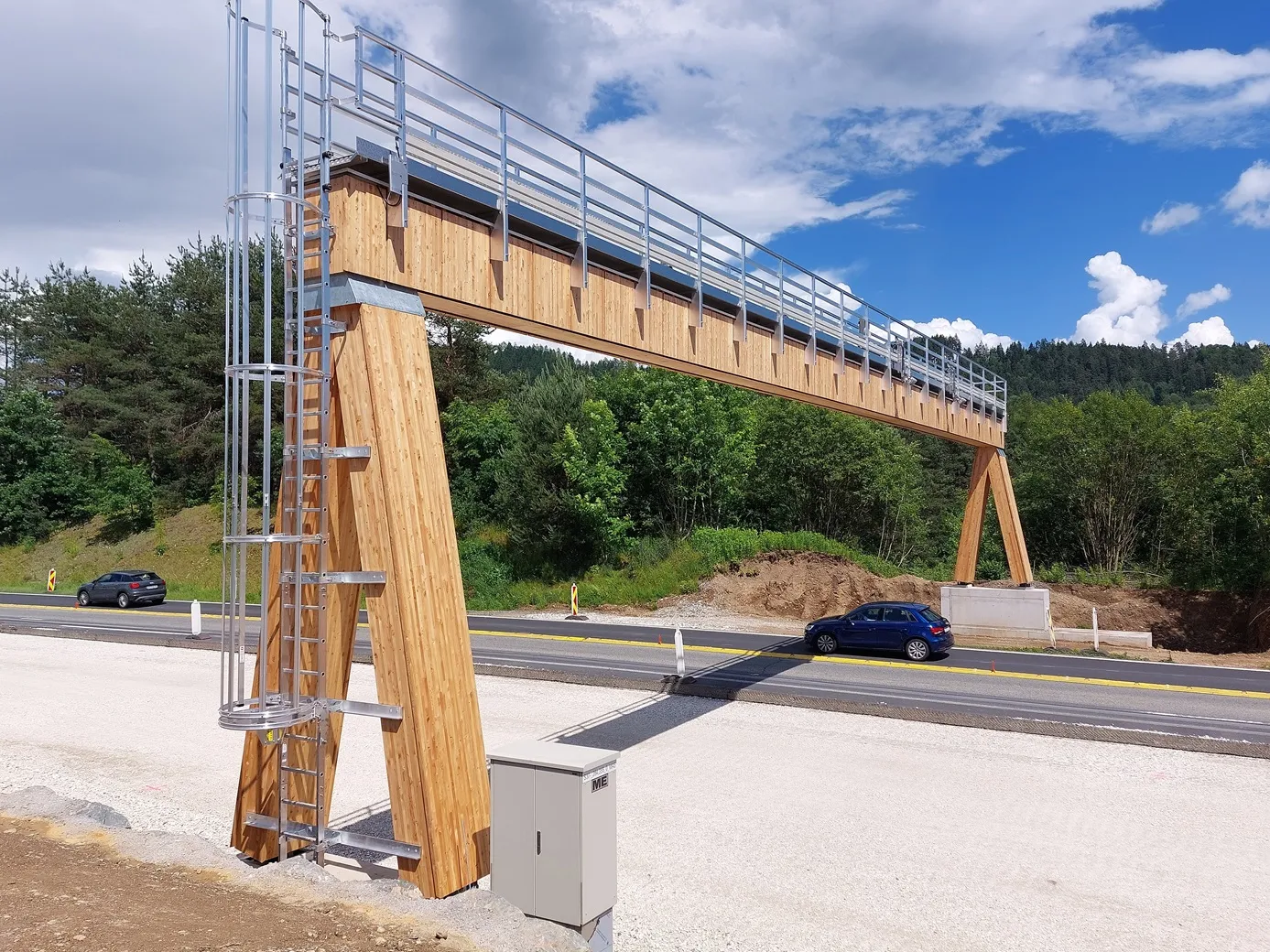Following recent crash tests on its HCR4M1200RB in line with the British Standard PAS68, Heald has announced a world first for a test at MIRA.
February 6, 2012
Read time: 1 min
Following recent crash tests on its HCR4M1200RB in line with the British Standard PAS68, 2265 Heald has announced a world first for a test at MIRA. The Roadblocker was impacted with a 30 tonne truck travelling at 80km/h and not only withstood the impact with zero penetration but also operated afterwards. This is the third test that this particular Roadblocker has successfully undertaken and to the highest PAS68 specification currently available.
According to Heald, the unique design of the Roadblocker is the key to its success. Special crash bars and a sacrificial front radius are incorporated into the design so upon impact these help absorb the force and leave the main body of the blocker intact, maintaining site security. Moreover, Heald says the Roadblocker requires no reinforcement of concrete or pre-casting of the pit, ensuring minimal disruption to the site and surrounding areas.
According to Heald, the unique design of the Roadblocker is the key to its success. Special crash bars and a sacrificial front radius are incorporated into the design so upon impact these help absorb the force and leave the main body of the blocker intact, maintaining site security. Moreover, Heald says the Roadblocker requires no reinforcement of concrete or pre-casting of the pit, ensuring minimal disruption to the site and surrounding areas.










